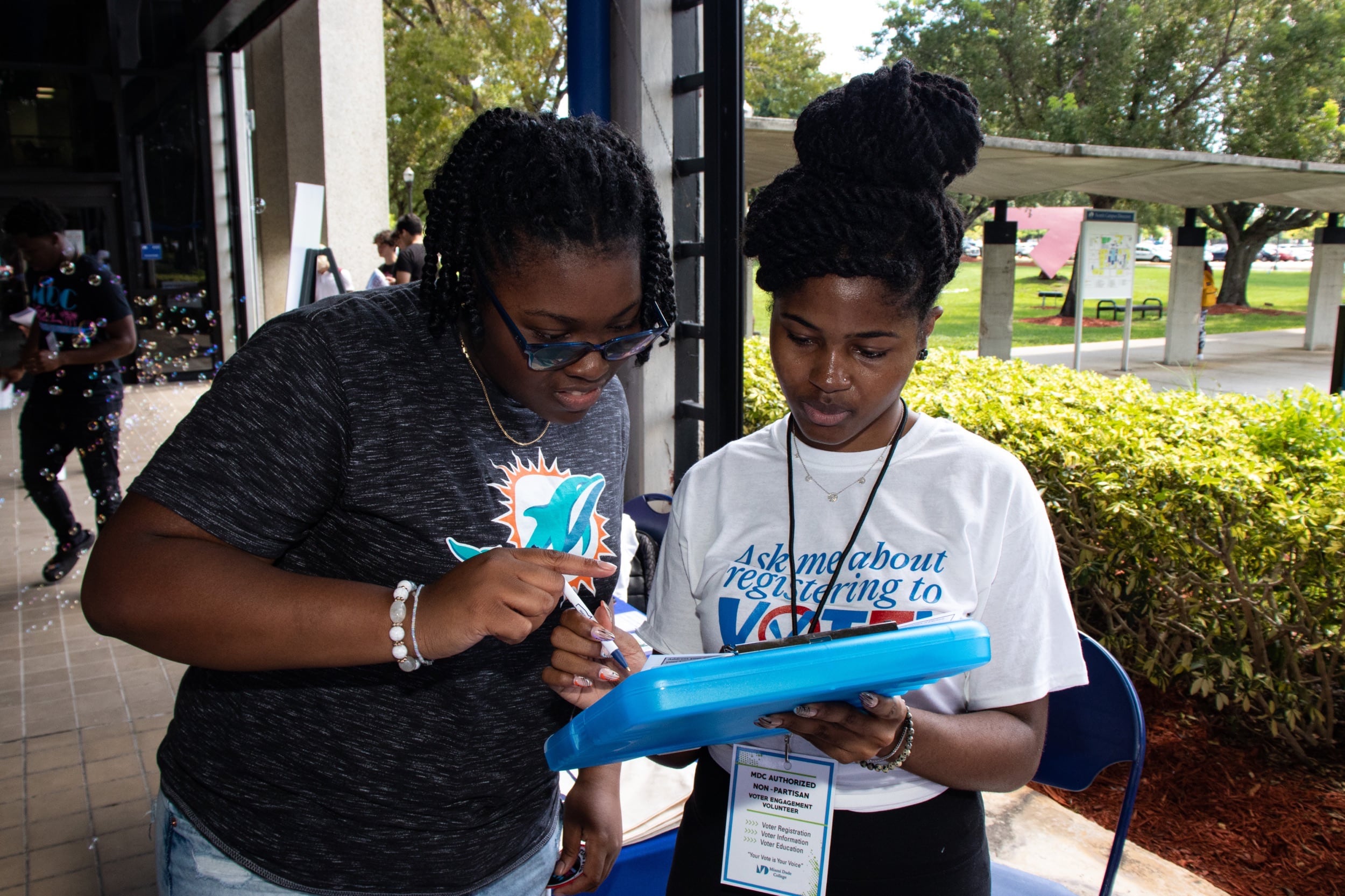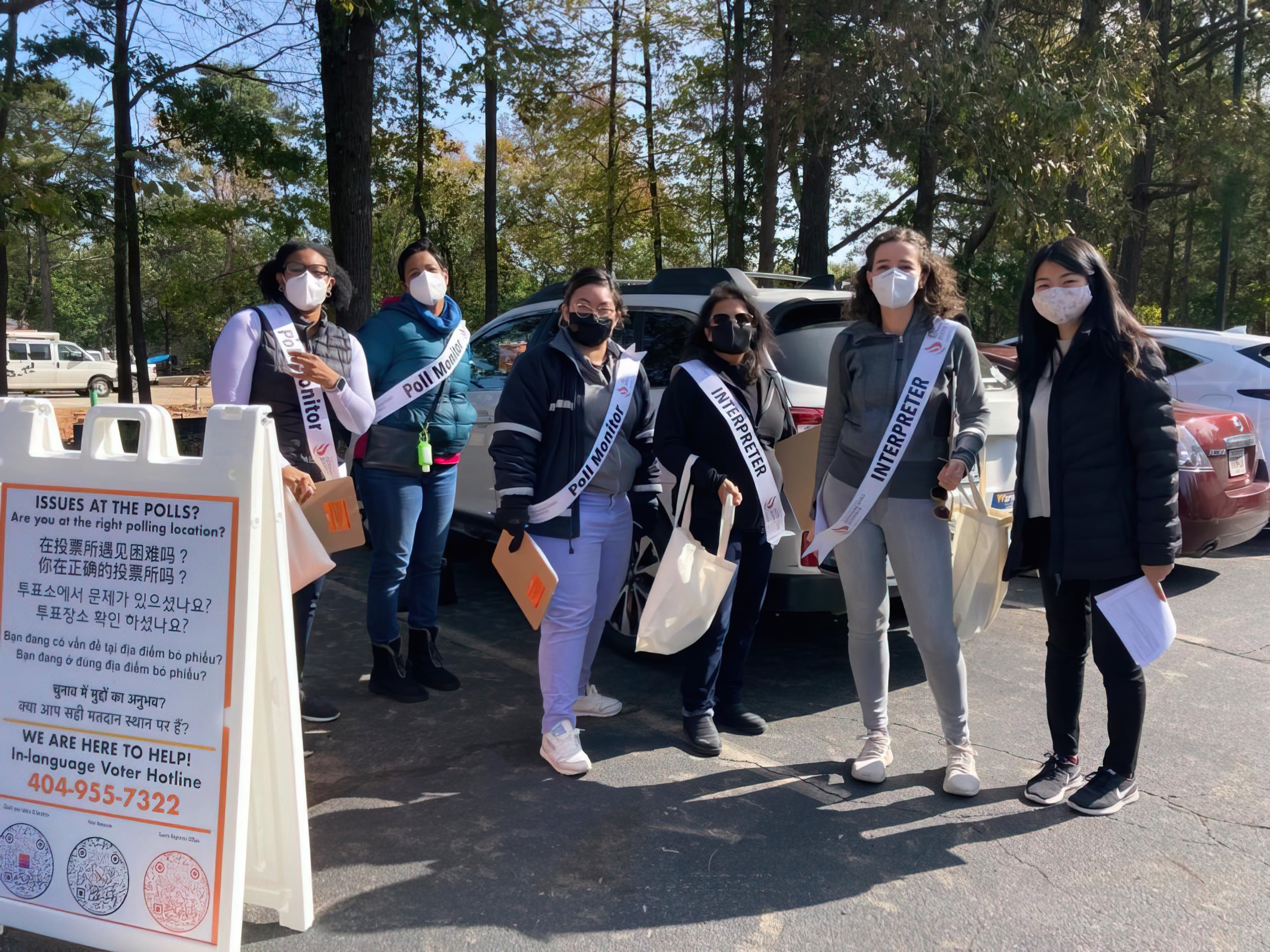
LGBT

The U.S. Supreme Court recently handed defenders of the Voting Rights Act a major victory when they ruled that the state of Alabama had discriminated against Black voters in the drawing of congressional districts. The justices ruled that a violation in an Alabama congressional map diluted the Black voting power in a state where more than one in four residents is Black.
We can breathe a sigh of relief that the U.S. Supreme Court preserved the anti-discrimination section of the Voting Rights Act, unlike their ruling in Shelby County v. Holder 10 years ago, which opened the floodgates to a decade of voter suppression at the state level. Before Shelby, the Voting Rights Act required jurisdictions with a history of discrimination to submit any proposed changes in voting procedures to the U.S. Department of Justice to protect voting rights. After the decision, however, states have been able to make voting procedural changes without approval at the federal level, unless Congress updates the criteria for determining which states require federal oversight.

Photo of HDF grantee Alliance for Youth Organizing’s partner, Engage Miami.
So where do we stand 10 years after Shelby? Congress has not acted in the past decade to update the Voting Rights Act and has allowed voting rights to wither away, state by state. After Shelby v. Holder, states aggressively began to suppress voters, surgically targeting people of color, young people, people living in poverty, and people with disabilities. Within 24 hours of the decision, Texas, North Carolina, Mississippi, and Alabama, four states that were previously covered by Section 5 of the Voting Rights Act, began to implement strict photo ID policies. Between 2012 and 2020, the white-Black turnout gap grew between 9.2 and 20.9 percentage points across five of the six states originally covered by Section 5 of the Voting Rights Act.
Today, 35 states have voter ID laws, and state legislatures continue to enact new bills to suppress voters. Following an onslaught of disinformation claiming widespread voter fraud in the 2020 elections, eight states passed voter suppression laws in 2022, ranging from shortened deadlines for voter registration to increasing barriers to voting by mail. The majority of these states would have been covered under the Voting Rights Act before the Shelby decision.
The lack of structural reform in Congress, such as filibuster reform, blocked the passage of the John Lewis Voting Rights Advancement Act in 2021. Divided government at the federal level foreclosed on the possibility for a national expansion in voting rights.

Interpreters and poll monitors from Asian Americans Advancing Justice Atlanta gather for voting day.
A decade of congressional inaction after the Shelby decision means that the future of voting rights lies at the state level. That’s why the Tides Healthy Democracy Fund is prioritizing voting rights advocacy at the state level because we recognize it is at this level where progress is made. For example, a broad multiracial coalition in Minnesota called We Choose Us won the largest expansion of voting rights in decades that makes voting more accessible for people of color, people with disabilities, young people, and hourly workers. The group also championed a bill that included a groundbreaking policy that prohibits campaign contributions from most foreign-owned corporations. And under a newly divided government, voting rights advocates in Nevada are defending their victories from previous legislative sessions, while community organizations such as One Pennsylvania are leading advocacy and organizing efforts to stop voter ID in their state.
Yes, the court’s ruling this June offers a step in the right direction, but we must remain diligent. It’s up to community organizers, leaders, advocates, donors, and public officials to build and wield power for voting rights to thrive in the next decade.

LGBT

Corporate Partners

Philanthropy

Read the stories and hear the voices of social change leaders fighting for justice.